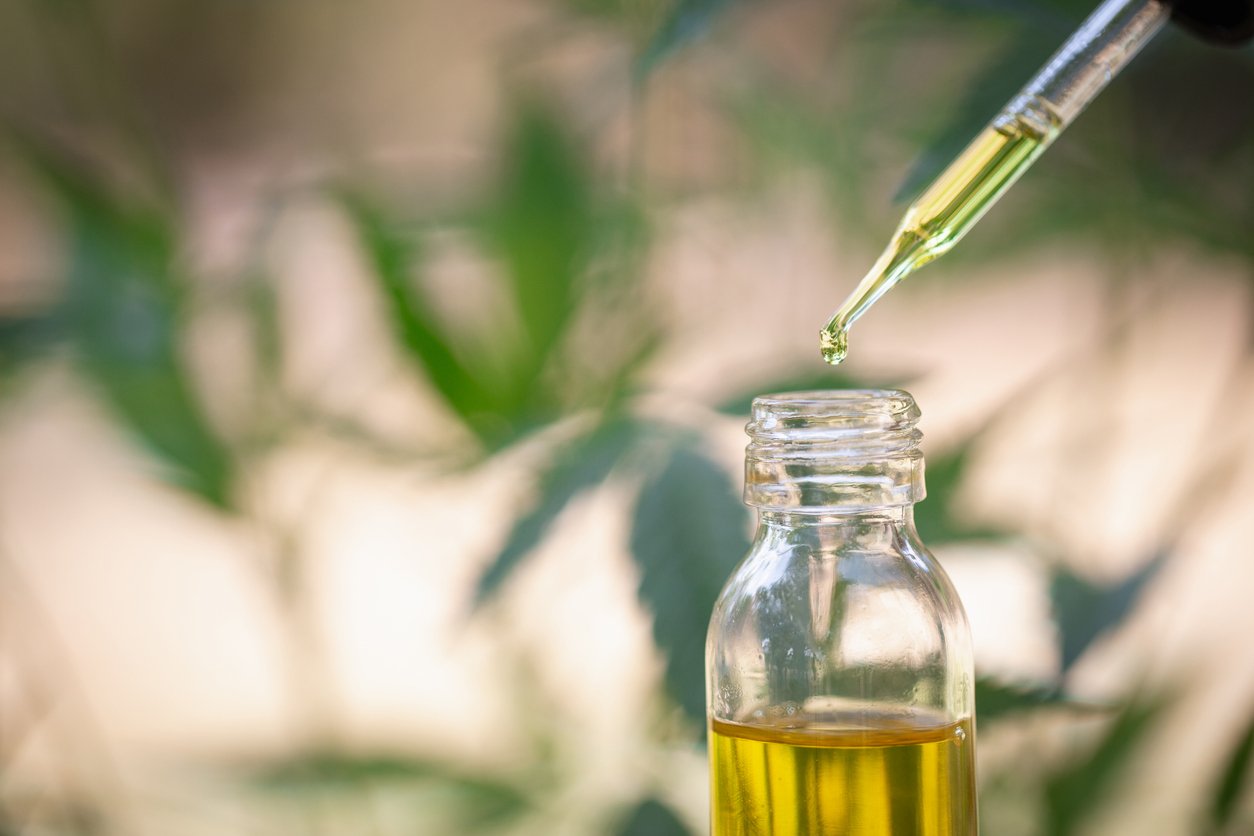Does CBD Have a Place in Your Recovery?

Over the last year, CBD has been featured in news reports, internet articles, and medicinal journals as a safe and natural alternative to treat chronic pain. Cannabidiol, better known as CBD, is one of the many compounds that are found in the cannabis plant. And although its buzz has had millions of Americans placing online orders or visiting their local wellness store, there is still much unknown about the true benefits of this treatment option.
What is CBD?
The cannabis plant produces a variation of exclusive compounds that all produce unique effects in the human body. Our bodies produce our own cannabinoids, therefore, CBD is not considered a foreign substance in our body. Unlike the very common cannabinoid THC (tetrahydrocannabinol), CBD does not have the ability to produce any psychoactive effects. The effects of CBD are still being studied, however, current research shows CBD has the potential to decrease inflammation, muscle spasms, anxiety, and epilepsy.
Because CBD does not have psychoactive effects, the federal government has removed any sort of scheduling behind this specific extract of cannabis. As a result, CBD oil has become a very popular product for over-the-counter use to help relieve numerous types of symptoms. Until data from well-designed clinical trials are available, they gain FDA approval, and are produced using GMP (good manufacturing practice), extreme care must be exercised in any contemplation of using CBD products.
Potential Benefits of CBD Oil Topicals
With our skin already having CBD receptors, a recent study has shown that CBD topical oils may improve atopic dermatitis, also known as eczema, by controlling cell proliferation and differentiation. Topical CBD, which can come in the form of gel or lotion, also claims to help with arthritis, inflammation, and joint pain and is thought to absorb and take affect rather quickly when applied to an area of concern.
Potential Benefit in CBD Oil by Mouth
Research has shown that due to CBD slowing down nerve impulses, it may help relieve general anxiety, insomnia, epilepsy and decrease neuropathic pain. Because this product is not regulated by the FDA there is not enough research to clinically suggest CBD for any indication. A group of compiled studies have shown, however, that there is substantial evidence that CBD is effective in the treatment of chronic pain in adults.
Potential Side Effects and Drug Interactions of CBD Oil
Just like starting any new medication routine, you should always be aware of the potential side effects and drug interactions. Side effects of CBD products include somnolence, tiredness, diarrhea, and change in appetite.
Because CBD uses the liver to metabolize this medication, the potential for side effects is high, due to little clinical research on this topic. It is unknown how strong and how often these interactions may occur.
There could also be potential drug Interactions as the interacts with CYP450 (Potent Inhibitor). These products could adversely interact with anticonvulsants (carbamazepine or phenytoin), antipsychotics, benzodiazepines, antiretrovirals, marcolides (Azithromycin). Before starting or stopping CBD in conjunction with other medications, always speak with a qualified health care professional.
While there have been studies on CBD products, there is still much to explore. If you’re interested in incorporating CBD into your recovery, it’s best to consult with your healthcare provider before doing so on your own. They can help identify any potential interactions, side effects to be aware of, and even point you to different CBD variations.
Other Posts You Might Be Interested In
Subscribe to email updates
Stay up-to-date on what's happening at this blog and get additional content about the benefits of subscribing.


